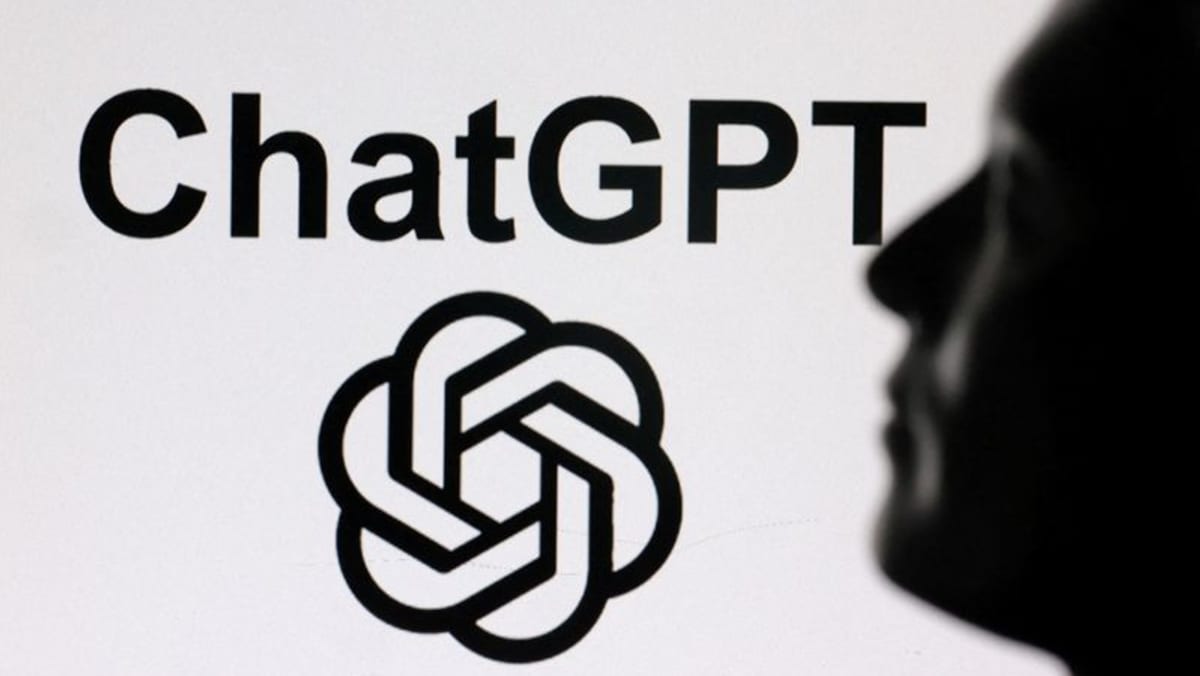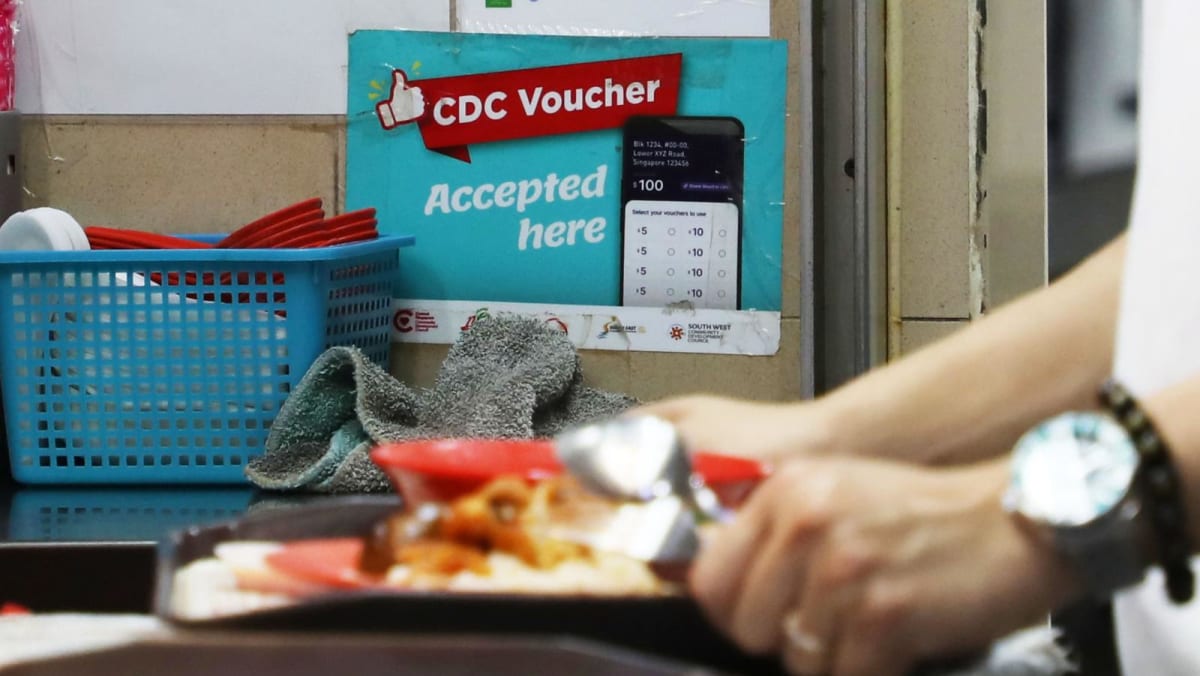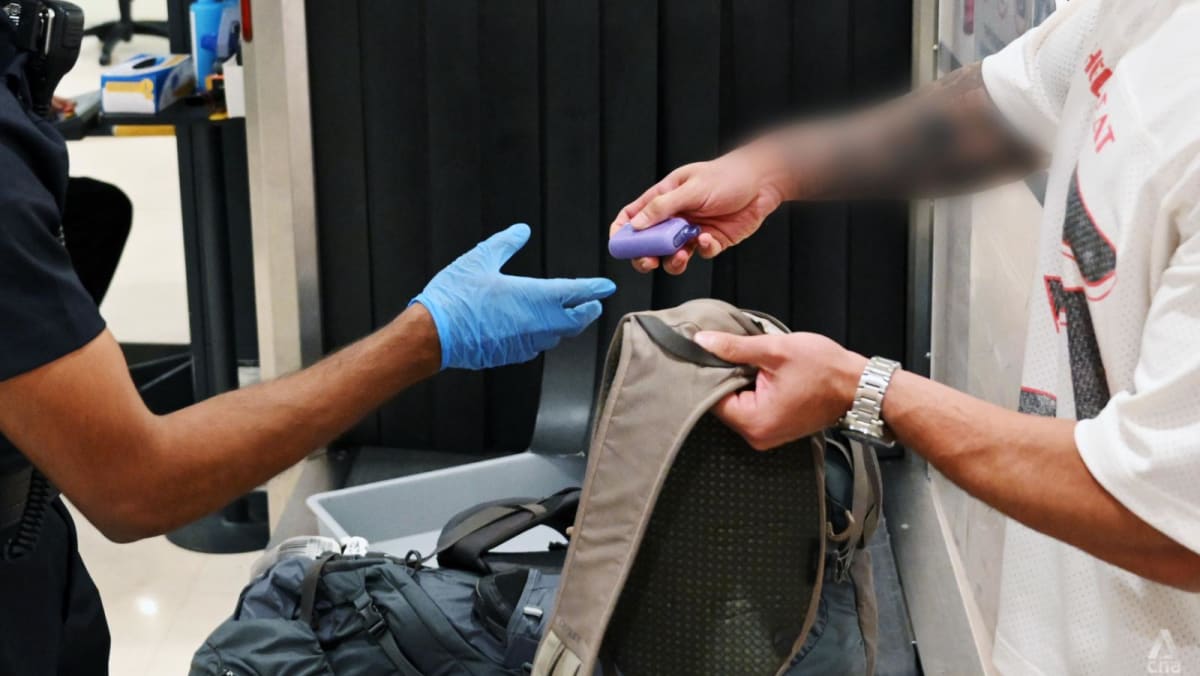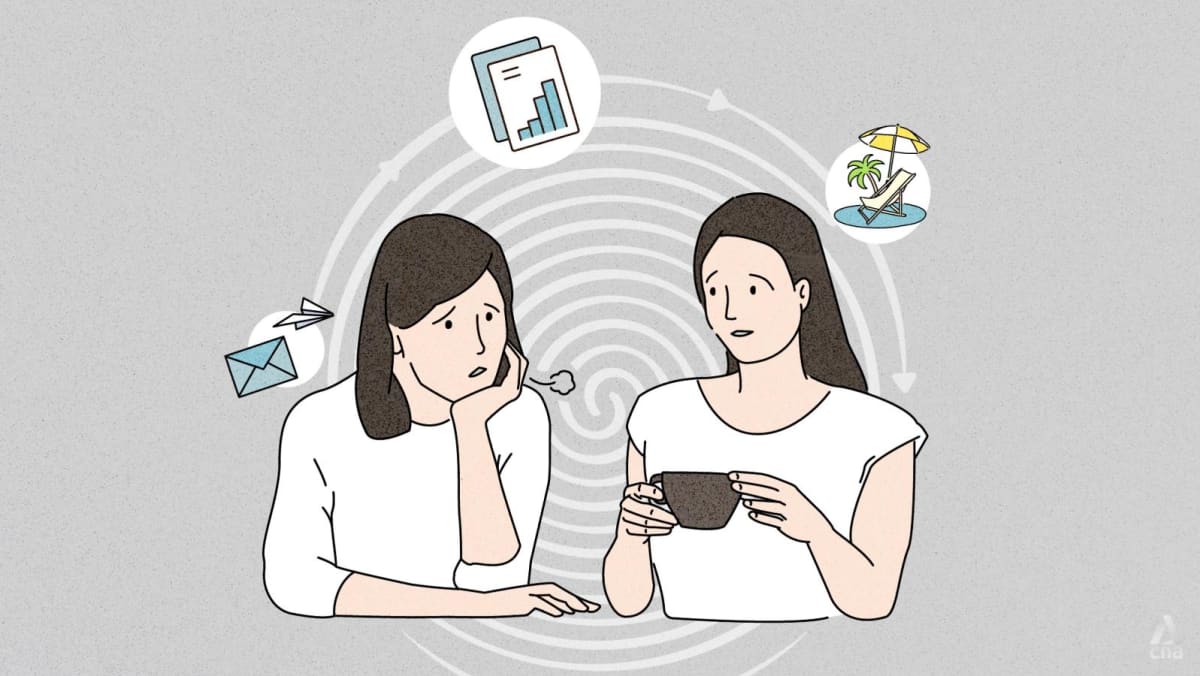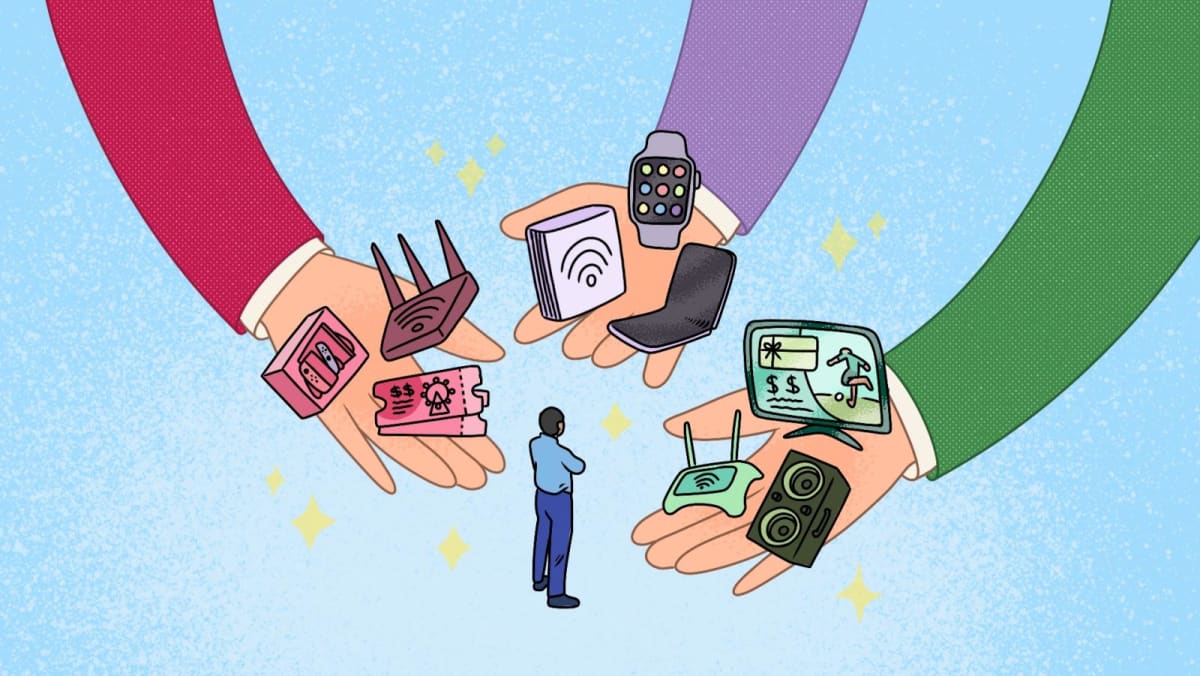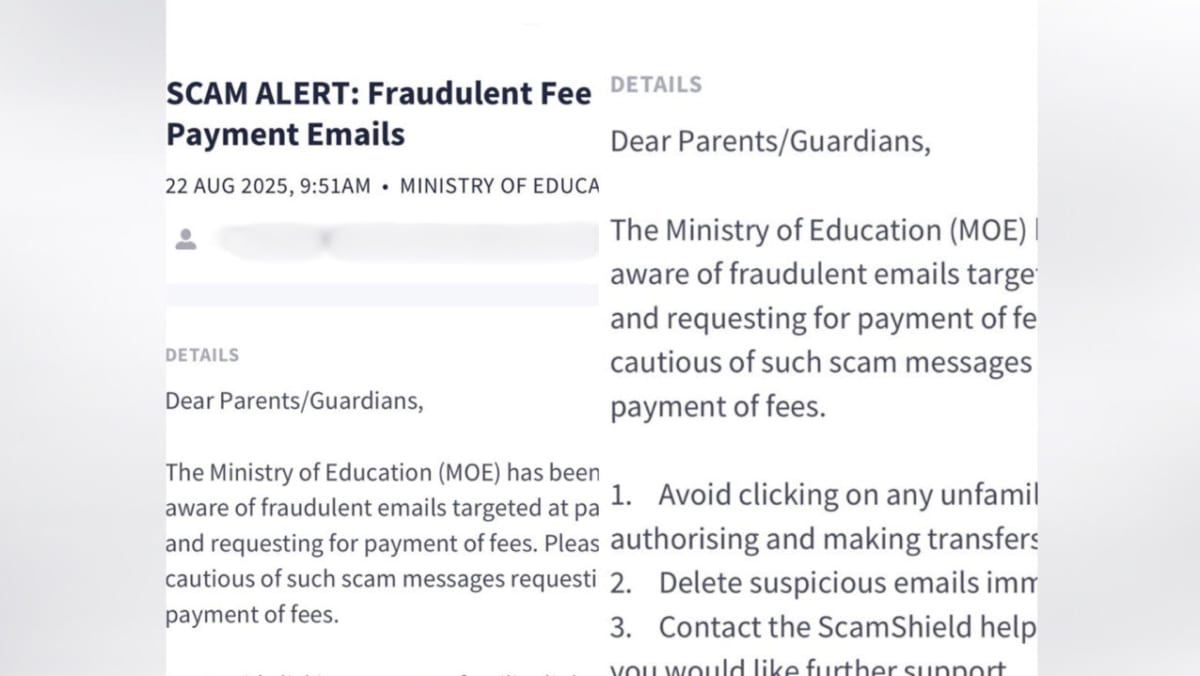We already notice the little imbalances with friends: who ordered the pricier dish, who always suggests more expensive dining spots, who consistently and conveniently “forgets” to PayNow until nudged.
Vouchers just add another layer to that quiet accounting. They force us to ask ourselves: do we see them as mere units of monetary value, or something less?
And often, it’s that perception – not the amount itself – that determines whether a moment feels generous, awkward or quietly unfair.
MY LOW-STRESS APPROACH
I don’t have the authority to invent national voucher etiquette. Nor do I think we need a formal set of rules to overcomplicate what was designed and intended to be a simple voucher system.
But after a few awkward meals, I’ve found a few things that make life (and zi char with friends) less complicated.
1. Acknowledge the value
The first step is simple: Don’t treat vouchers as “lesser”. They may feel like free money, but they pay for real food, groceries and bills. Honouring that value, instead of acting like it’s Monopoly cash, goes a long way in keeping things fair.
2. Talk it out
Most of the tension comes from silence. These days, if vouchers are involved, I’ll just say so: “I can use mine tonight,” or “I’d rather save these for NTUC”.
Really, it’s no different from saying, “I’ll pay first”, or “my treat tonight”. The clarity saves everyone from weighing and decoding unspoken rules while the last courtesy piece of har cheong gai (or fried prawn paste chicken wing) goes cold.
3. Don’t overthink
At the end of the day, maintaining a balance in any relationship is not about chasing perfect fairness down to the dollar.
Whether it’s in vouchers or in cash, a few dollars won’t make or break a friendship, but how we handle it might. Choosing to be more flexible, relaxed or perhaps even a little generous, usually matters more than getting the math exact.
Are these rules foolproof? Of course not. But they keep me from overthinking every PayNow transfer, and that’s already half the battle won.


